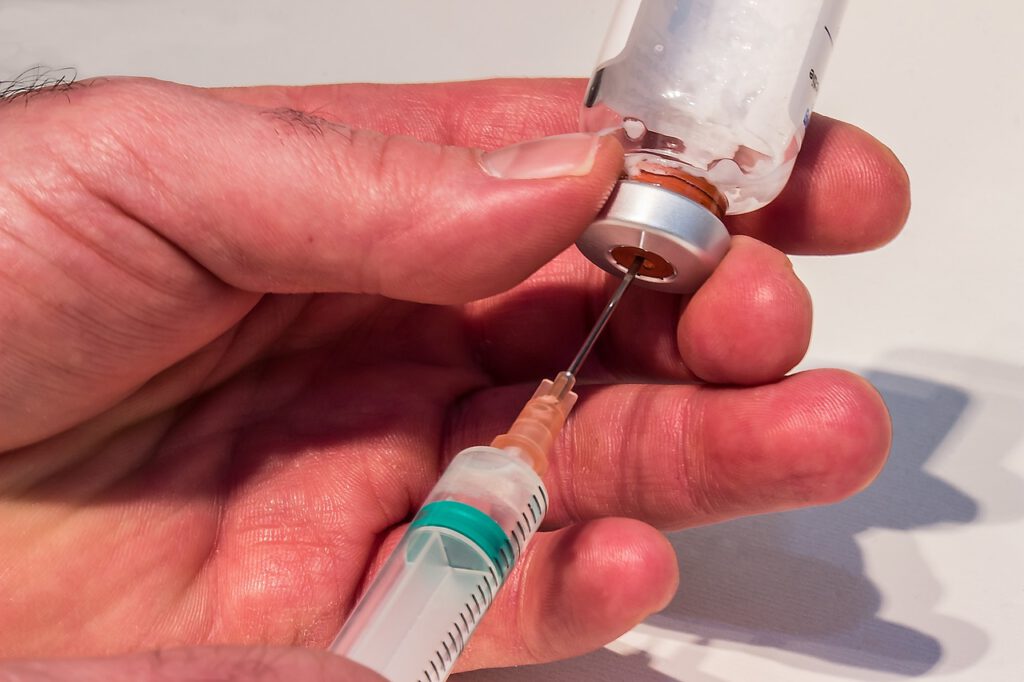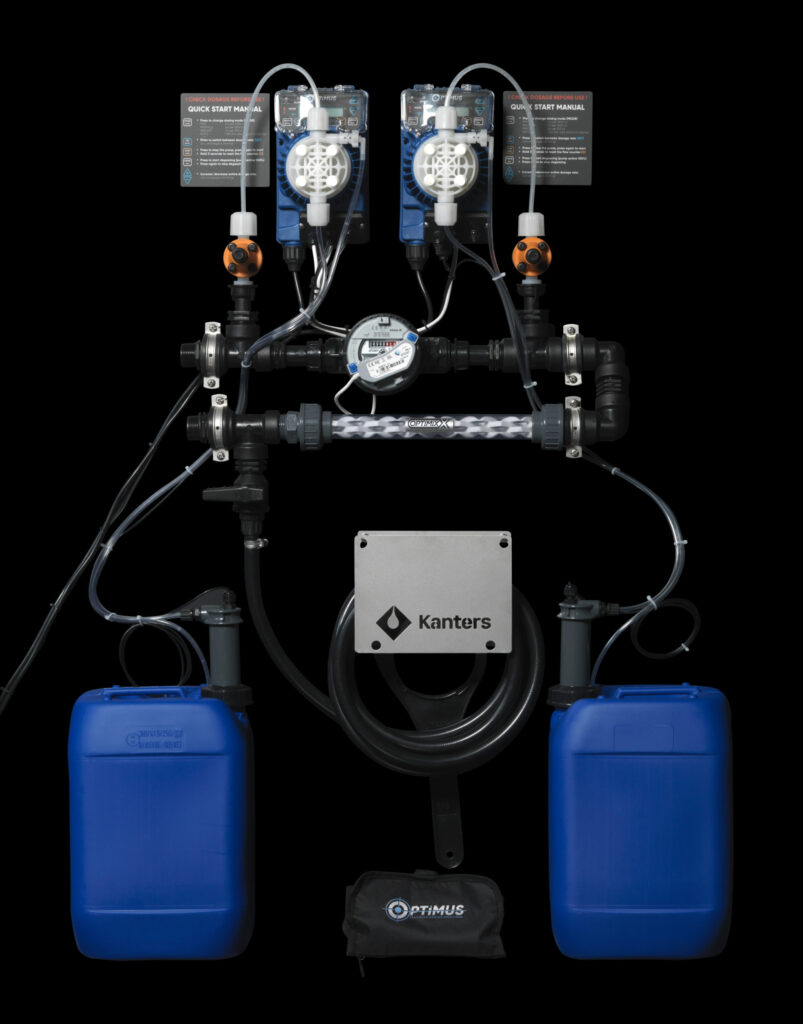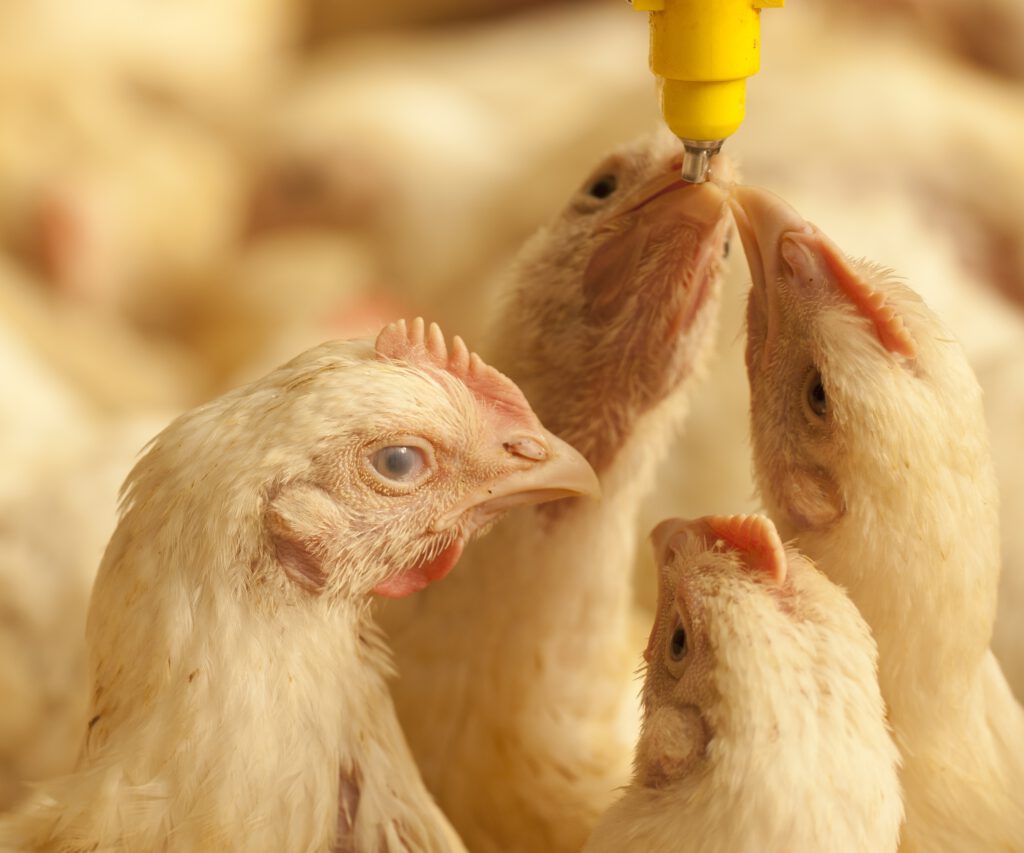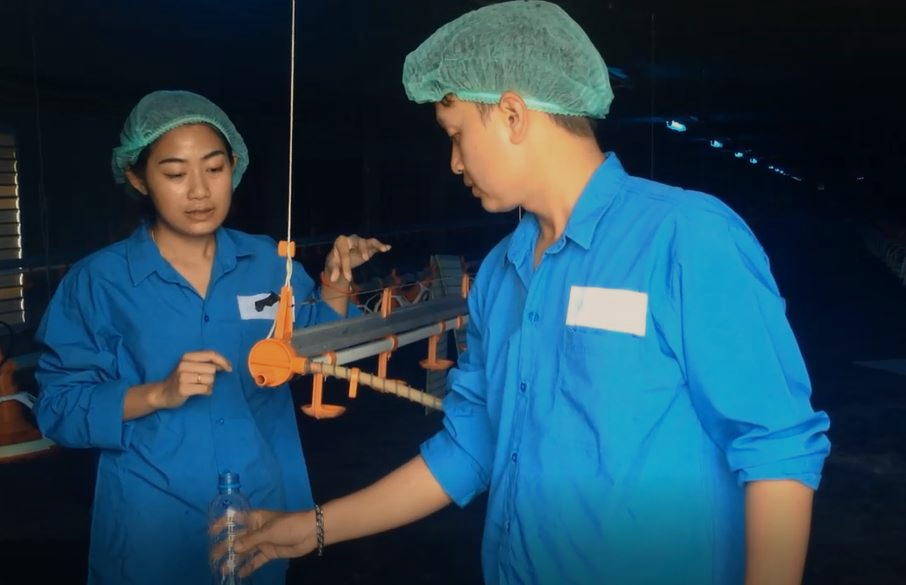OPTIMAL INTESTINAL HEALTH IN POULTRY
Modern poultry farming demands the utmost from animals. Optimum intestinal health in poultry is crucial for the animals to perform to their genetic potential. When animals are confronted with stress, such as vaccinations or increased viral, bacterial or parasitic infection pressure, it has a negative effect on the gastrointestinal tract. This can ultimately lead to disruption of the intestinal flora and damage to the cells in the intestinal wall. As a result, the intestines are no longer able to absorb nutrients optimally. This results in lower growth, lower feed conversion and a higher drop-out rate. It is therefore of great importance for animal health and animal performance that pathogenic micro-organisms are reduced and the damaged epithelial cells are quickly repaired or replaced.
zinc
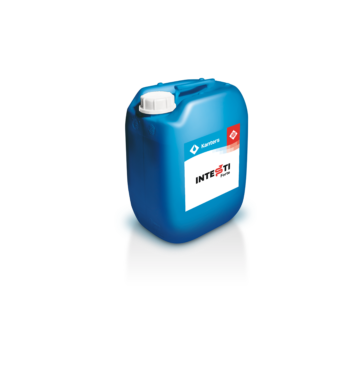
Zinc is part of more than 300 enzymes in the body involved in metabolism and is also important for gene expression and DNA synthesis. Zinc is also essential for the growth and development of tissue, and proper functioning of the immune system. Therefore, zinc plays an important role in the creation of new cells, the fight against infections (production of cytokines) and the healing of wounds. Zinc also plays an important role in bone formation, feathering and mineralisation. As a result, any deficiencies in zinc can have a negative impact on the immune system, making the animals more susceptible to other infections.
Zinc sources
Recently published research from the University of Ghent in collaboration with ILVO in Belgium investigated different sources of zinc. Grains containing zinc are present in poultry feed, but extra addition of zinc is important to support the growth of meat poultry. There are different sources of zinc, this research looked at zinc addition via inorganic zinc sources such as zinc sulphate and zinc oxide and organic zinc sources. Organic sources of zinc are bound to proteins, peptides or amino acids, such as a chelate. The advantage of organic zinc sources is that they are absorbed into the body via the zinc and amino acid transporters in the body. This means they interact less with other nutrients and are more readily available to the body.
In the study, several performance and digestion tests were conducted in broilers. To measure the impact of the different zinc sources, the villus length of the intestines was studied. The villus length is an indicator of intestinal health. The longer the intestinal villi, the greater the absorption surface in the intestines. The length is influenced by many factors, including diet, but also the presence of intestinal bacteria affect the length of the villi. Poor intestinal health will have an effect on the length of the villi and thus on the absorption of nutrients and thus on the performance and welfare of the animals.
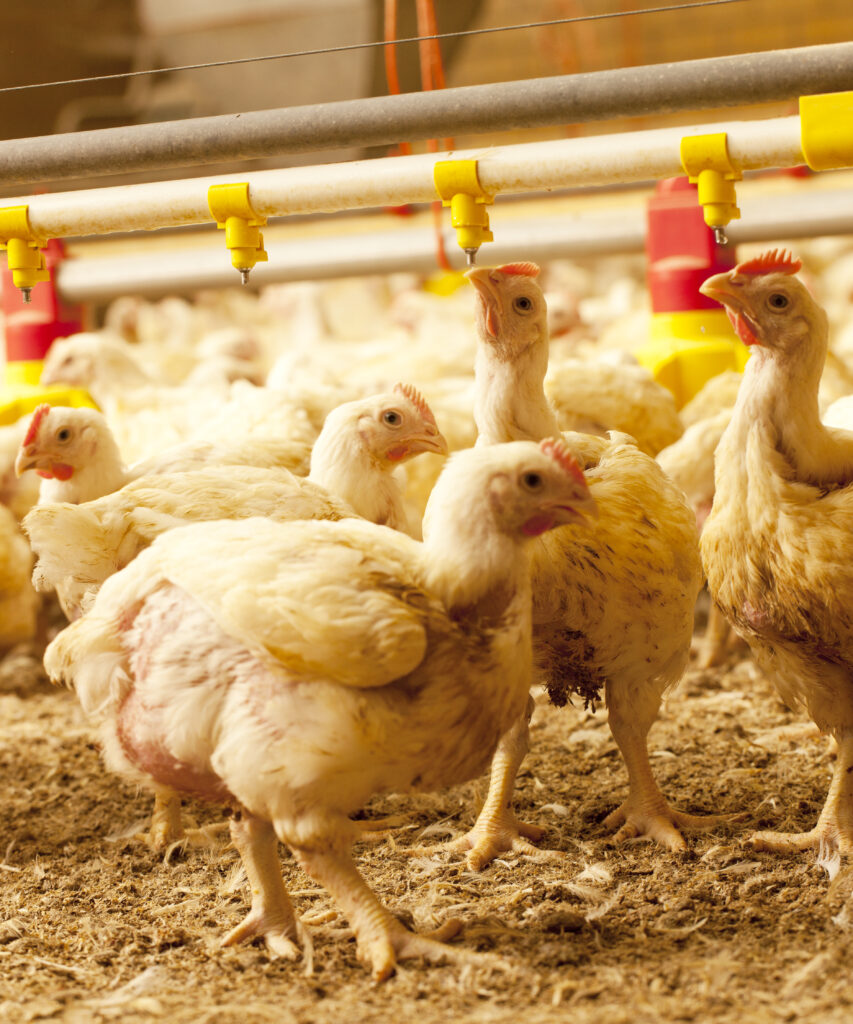
First study
The first trial showed that zinc bonded to an organic source had a positive effect on feed conversion and intestinal health; the intestinal surface area was greater than in the group receiving zinc through an inorganic zinc source. This effect was particularly noticeable in the starting phase of the chick and at the end of the growth phase.
Second trial
During the second test, the animals were subjected to heat stress during the entire round. Again, two different sources of zinc were used together with vitamin E. It appeared that feed conversion was better, as was intestinal health. A higher dose of vitamin E had no effect on the performance of the animals. Meat quality was also measured in this trial. The animals that had been fed zinc via an organic source had a higher percentage of breast meat and less drip and yolk loss. This indicates better meat quality.
Kanters
Kanters has a range of products whose main ingredient is copper and zinc in chelated form. A chelated compound is an organic source and therefore ensures better absorption and intestinal health than an inorganic source. Ultimate Acid is an organic acid mixture with copper and zinc chelates that ensure better digestion and intestinal health.
Kanters provides total solutions for you as a livestock farmer. In order to realise this, it is important that for all kinds of situations and health issues there are solutions available that make a positive contribution to restoring animal health and improving operating results. That is why we have an extensive range of liquid feed supplements via the drinking water. Our products can be broadly divided into five functional groups. For each functional group, the products may differ depending on the animal species, the animal group, but also on the company-specific situation. This is why it is important to conduct a farm analysis first, before deciding on an approach.
